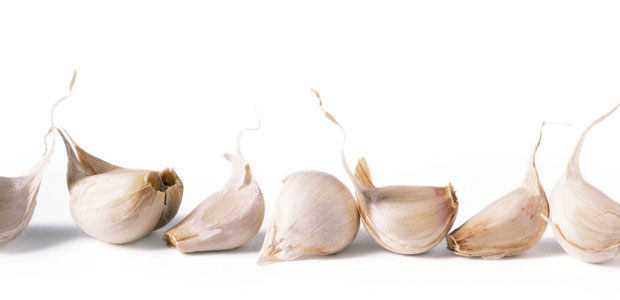Advertisement
Help for Diabetes
Supplements can help diabetics regulate blood sugar levels. In particular, vanadyl sulphate and chromium are effective individually or in formulas that also include herbal extracts and micronutrients. Research supports their use to effectively maintain optimal blood sugar levels and protect again diabetic neuropathy (numbness). Now available are combinations of the minerals vanadyl sulphate and chromium … Continued

Supplements can help diabetics regulate blood sugar levels. In particular, vanadyl sulphate and chromium are effective individually or in formulas that also include herbal extracts and micronutrients. Research supports their use to effectively maintain optimal blood sugar levels and protect again diabetic neuropathy (numbness).
Now available are combinations of the minerals vanadyl sulphate and chromium polynicotinate with herbal extracts formulated to reduce blood sugar levels and insulin resistance and promote insulin production.
Vanadyl Sulphate
Studies in animals with and without diabetes suggest that vanadium may have an insulin-like effect, reducing blood sugar levels. Based on these findings, preliminary studies involving humans have been conducted with promising results. Doctors at Toronto’s Mount Sinai Hospital found that vanadyl sulphate promotes insulin action by three mechanisms:
- directly mimicking insulin action,
- enhancing insulin sensitivity, and
- prolonging insulin biological response.
In Japan, researchers reported success with animal studies involving diabetic rats and vanadyl sulphate. When administered in high doses, vanadyl sulphate was shown to decrease blood glucose level by 67 percent within two days, remaining low for at least 12 weeks without affecting low plasma insulin levels. However, no meaningful double-blind placebo-controlled human studies on vanadium, as a sole treatment for diabetes, have yet been reported.
Chromium Polynicotinate
Chromium supplements have been shown to effectively maintain insulin function by activating insulin receptor cells. Chromium serves as an assistant to insulin (technically, a cofactor) to “open the door” to the cell membrane, thus allowing glucose to enter the cell.
In 2004 French researchers reviewed the use of chromium and other minerals in preventing diabetic complications. Results showed that dietary supplementation with micro-nutrients may be used to complement classical therapies. They stated, however, that supplementation would be more effective when a deficiency in these micronutrients exists.
According to supplementwatch.com, more than 90 percent of North American diets fail to provide the recommended amount of chromium, so supplementation with chromium may indeed be necessary.
Herbal Extracts
Plants and plant extracts have long been used in the treatment of diabetes. The herbs used differ from culture to culture, all with varying therapeutic effects.
Italian researchers at the University of Bologna reported, in 2004, the results of a survey they conducted among 685 herbalists. The survey asked about the herbal remedies and dietary supplements they recommend as a “natural” treatment to control glycemia. Italian herbalists reported some of the most frequently suggested herbal remedies for glycemia were gymnema, fenugreek, bilberry, garlic, dandelion, and bitter melon.
Among the most frequently recommended dietary supplements were vanadium and chromium. Researchers concluded that the majority of the products recommended by Italian herbalists may be efficacious in reducing glycemia but more investigation is needed.
Although vanadyl sulphate, chromium, and herbal extracts may help with symptoms of diabetes, caution in their use is important. Because diabetes is a very serious disease, please seek professional advice before supplementing.




